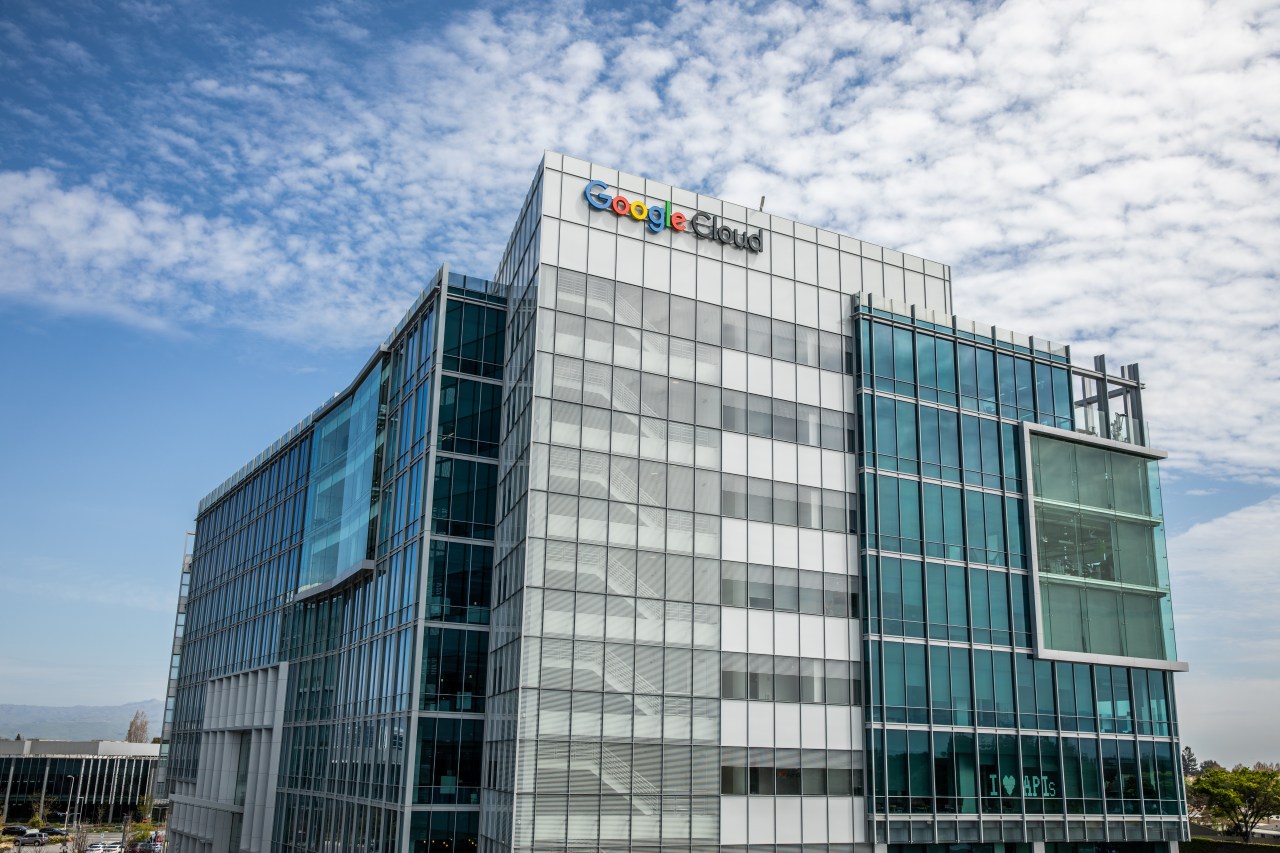In the dynamic world of artificial intelligence, adaptability and user-specific customization have emerged as the golden keys to unlocking the full potential of machine learning models. As Google continues to innovate, its expansion of the AutoML framework underscores a pivotal shift towards a more democratized approach to AI.
Bridging the Gap with Custom Models
Pre-trained machine learning models serve as a great starting point for many applications, but every organization has unique needs that require a tailored approach. Google’s AutoML allows users to upload their data, creating a bridge between general capabilities and specialized needs. This exciting enhancement isn’t just technical; it signifies a trend that invites more users into the realm of AI.
A Dual Approach: Natural Language and Translation Capabilities
The recent rollout of two powerful new features—AutoML Natural Language and AutoML Translation—marks a significant milestone for organizations looking to exploit machine learning in novel ways.
- AutoML Natural Language: This feature addresses the pressing need for text categorization, enabling businesses to discern patterns and extract insights from unstructured data. As Rajen Sheth, the director of product management for Google Cloud AI, highlighted, more than 90 percent of enterprise information exists in an unstructured format, primarily comprising textual documents and emails. By leveraging this tool, companies can navigate through this sea of data to find meaning and actionable information.
- AutoML Translation: The ability to upload custom language pairs allows for higher accuracy in specialized translations. Imagine the complexity when a single term, such as “driver,” can imply different meanings based on context. This feature is crucial for sectors like legal, technical, or medical fields, where precise terminology is paramount.
Why Customization Matters
The benefits of these new features are apparent, especially in niche domains where generalized translations could lead to misunderstandings. For organizations operating in specialized areas, the difference between a sentence correctly translated with context versus a generic one can significantly impact communication and efficiency.
Furthermore, by empowering users to shape their AI models, Google is not just catering to large enterprises but also fostering innovation among smaller companies and individual developers. This kind of accessibility is central to Google’s mission of democratizing AI, allowing more people to harness the capabilities of machine learning without needing exhaustive resources or expertise.
The Future of AI Customization
The launch of these capabilities signals a commitment from Google to further streamline the process for those looking to customize AI technologies. As organizations increasingly rely on AI to drive decision-making, the need for tailored solutions will only continue to grow.
At fxis.ai, we believe that such advancements are crucial for the future of AI, as they enable more comprehensive and effective solutions. Our team is continually exploring new methodologies to push the envelope in artificial intelligence, ensuring that our clients benefit from the latest technological innovations.
Conclusion: Embracing the AI Evolution
The advancements in Google’s AutoML framework highlight the importance of customization in machine learning. As we witness increased accessibility and user flexibility, the potential applications are expansive, promising a future where AI can adapt to the specific needs of various industries and sectors.
For more insights, updates, or to collaborate on AI development projects, stay connected with fxis.ai.

